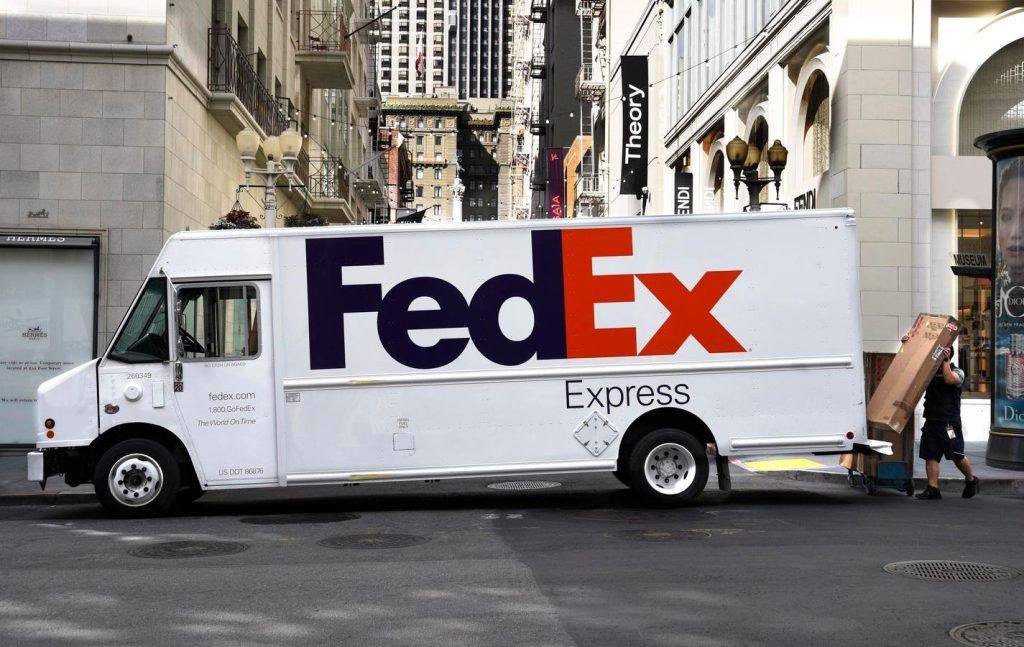FedEx Corporation, a global logistics giant, announced on December 19, 2024, its intention to spin off its less-than-truckload (LTL) freight business, FedEx Freight, into a separate publicly traded company. This strategic move aims to unlock value for shareholders by allowing both FedEx and the newly independent FedEx Freight to focus on their respective core competencies and pursue distinct growth strategies. The separation is expected to be completed within 18 months, pending regulatory approvals and final board approval, and structured as a tax-free transaction for U.S. federal income tax purposes. Concurrently with the spin-off announcement, FedEx revised its fiscal year 2025 (FY25) outlook downwards, citing weak demand, particularly within its domestic express unit.
The decision to spin off FedEx Freight comes amid challenging market conditions and increasing competition. FedEx has been grappling with declining demand, particularly in its core express business, exacerbated by macroeconomic headwinds. The spin-off is intended to address the perceived undervaluation of the Freight business within the larger FedEx conglomerate. Analysts believe that the Freight segment, with its strong market position in the LTL sector, could command a higher valuation as a stand-alone entity, comparable to its LTL competitors like Old Dominion Freight Line. Estimates place the enterprise value of FedEx Freight between $30 billion and $35 billion within the next 18 months. The move is also part of a broader restructuring effort by FedEx to streamline operations and improve profitability.
The separation aims to create two agile and focused entities, each better equipped to capitalize on market opportunities. FedEx expects the spin-off to enhance operational focus and accountability within both businesses. This newfound agility should allow both companies to pursue growth strategies tailored to their specific markets. Distinct public listings will offer investors clearer investment profiles for each entity. Furthermore, both FedEx and FedEx Freight are expected to maintain strong balance sheets, providing financial flexibility for investments and shareholder returns. Crucially, the two companies plan to preserve existing operational, commercial, and technological synergies through agreements that ensure continuity and efficiency while reducing costs. The unified FedEx brand will be retained by both entities, emphasizing the shared values of speed, reliability, and trust.
FedEx believes the spin-off will enable the remaining company to accelerate its transformation and strategic initiatives. The company will concentrate on reducing its cost base and leveraging its global logistics network to support customer competitiveness. Existing cost-saving programs, such as DRIVE and Network 2.0, are projected to deliver significant savings in the coming years. DRIVE aims to achieve $4 billion in cost savings by the end of FY25, while Network 2.0 is targeted to generate $2 billion in savings by FY27. FedEx remains committed to maintaining a strong balance sheet and increasing capital returns.
FedEx Freight, post-separation, is poised to leverage its leading position in the North American LTL market. As the largest LTL carrier with the widest network and fastest transit times, FedEx Freight enjoys a significant market share of approximately 17% and boasts deep relationships with a broad customer base. The company has a track record of strong financial performance, with operating profit increasing by an average of nearly 2% annually over the last five years and operating margin expanding by approximately 11 percentage points over the same period. A robust balance sheet will further enable FedEx Freight to invest in growth and maintain its market leadership.
FedEx Corporation, the parent company, will continue to operate its global portfolio of transportation, e-commerce, and business services. The company’s two main segments, Federal Express and FedEx Freight, generated a combined revenue of $87.7 billion in its latest reported annual results. Federal Express, the pioneer of the express transportation industry, provides time-definite delivery services to over 220 countries and territories through its integrated air-ground network. The segment encompasses a vast network of physical locations, aircraft, and vehicles, as well as a large employee base. Following the spin-off, FedEx will focus on leveraging its extensive network and innovative solutions to enhance its offerings in areas like e-commerce and cross-border enablement.

